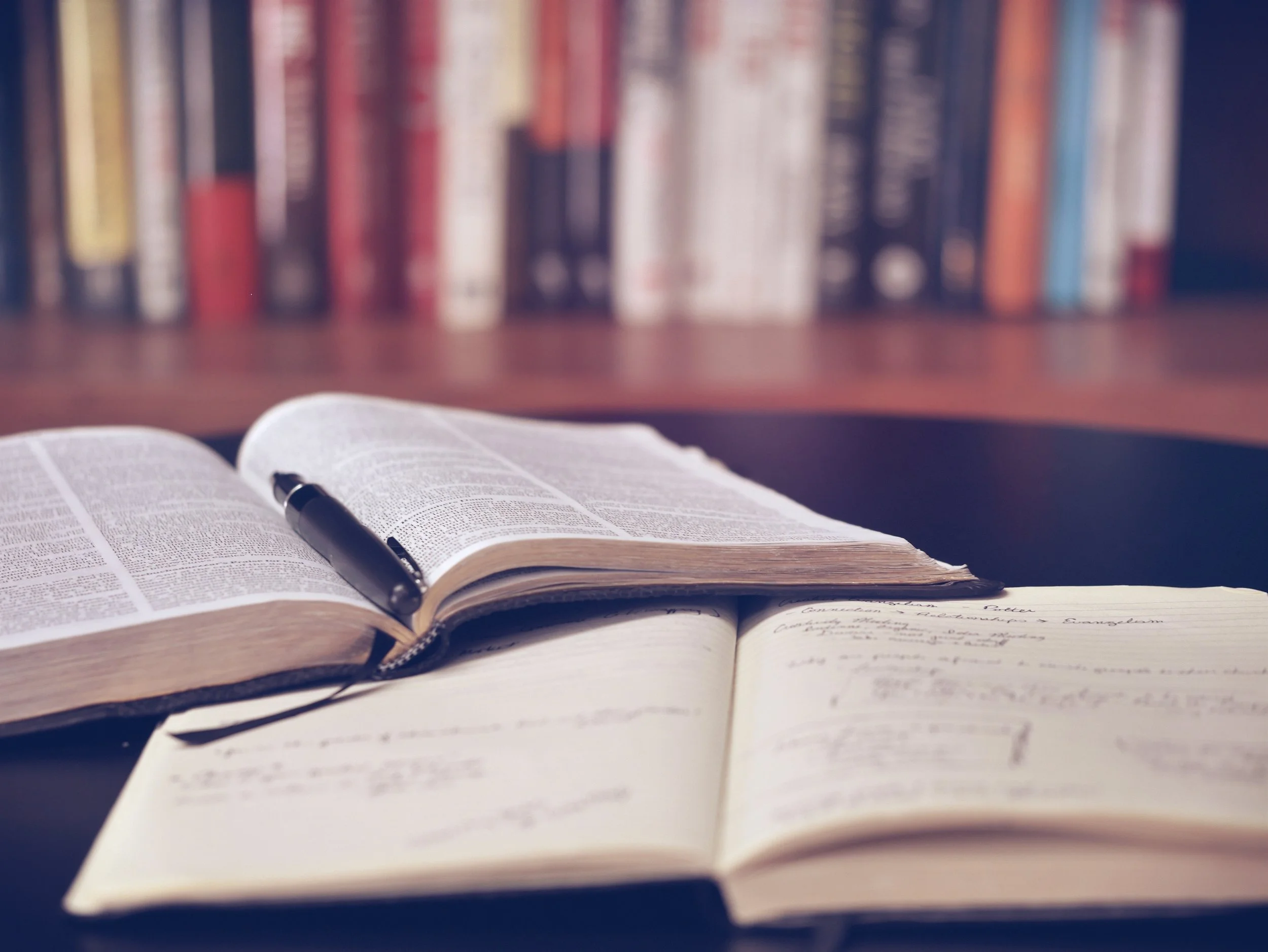I know, I am SO BEHIND on everything in life right now.
I am still meaning to do a write-up about the Subverting the Norm conference, which was so SO awesome.
For now, though, I did want to make available the paper I presented there. I meant to post it beforehand, but I didn't want to give it all away before my session! I think it was pretty well received, and got some good conversation going--like, if Eucharist breaks down hierarchies, what are we to say about ordination, or the fact that (in many traditions) only certain people may administer the elements?
Anyway, give it a read and let me know what you think!
Abstract:The liturgy of Eucharist is a deconstructive act within the Church in that it calls into question and breaks down hierarchical social structures and individualized faith in order to create a true and unified body within Christ’s broken body at his table. In this essay, I will briefly attempt to elucidate deconstruction, I will make a few points regarding the Eucharist’s sacramental and unifying nature, and then I will show how the Eucharist deconstructs, but also re-constructs, the Church. This deconstruction and re-construction means recognizing and remembering that we Christians are one, at one table with the Lord, and that for this to be so, we must submit to the breaking down of the structures in which we often find comfort, but which inhibit true communion with each other and with Christ. In order to be re-constructed into the real, present body of Christ, we must allow and embrace the Eucharist as deconstruction.
Paper: CLICK HERE for PDF.
I am still meaning to do a write-up about the Subverting the Norm conference, which was so SO awesome.
For now, though, I did want to make available the paper I presented there. I meant to post it beforehand, but I didn't want to give it all away before my session! I think it was pretty well received, and got some good conversation going--like, if Eucharist breaks down hierarchies, what are we to say about ordination, or the fact that (in many traditions) only certain people may administer the elements?
Anyway, give it a read and let me know what you think!
Abstract:The liturgy of Eucharist is a deconstructive act within the Church in that it calls into question and breaks down hierarchical social structures and individualized faith in order to create a true and unified body within Christ’s broken body at his table. In this essay, I will briefly attempt to elucidate deconstruction, I will make a few points regarding the Eucharist’s sacramental and unifying nature, and then I will show how the Eucharist deconstructs, but also re-constructs, the Church. This deconstruction and re-construction means recognizing and remembering that we Christians are one, at one table with the Lord, and that for this to be so, we must submit to the breaking down of the structures in which we often find comfort, but which inhibit true communion with each other and with Christ. In order to be re-constructed into the real, present body of Christ, we must allow and embrace the Eucharist as deconstruction.
Paper: CLICK HERE for PDF.


